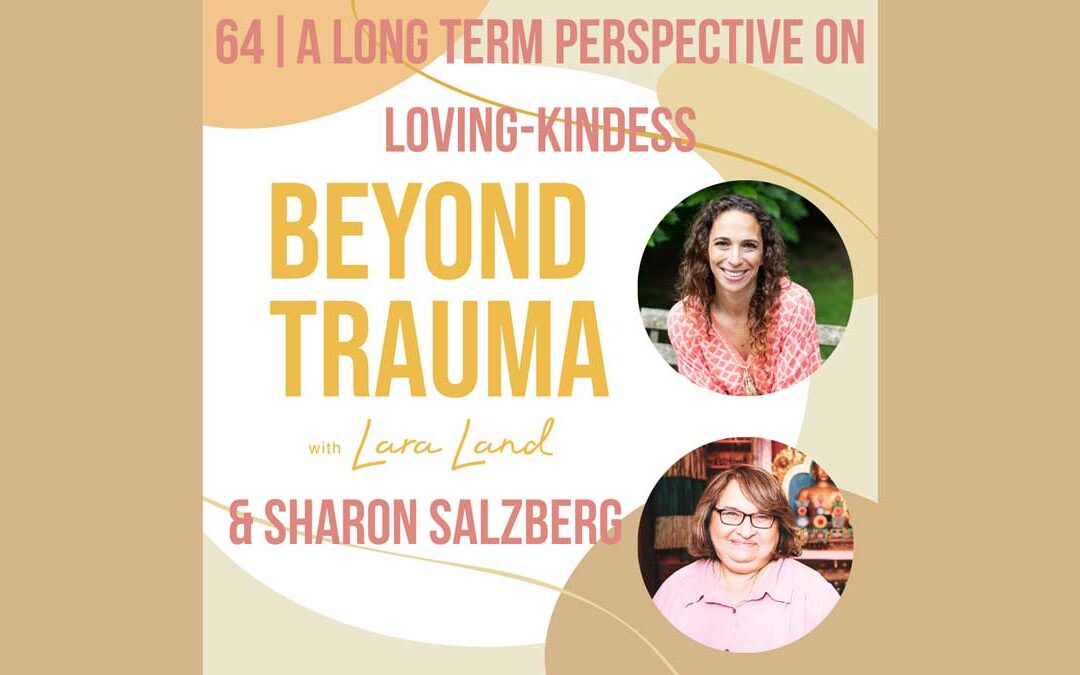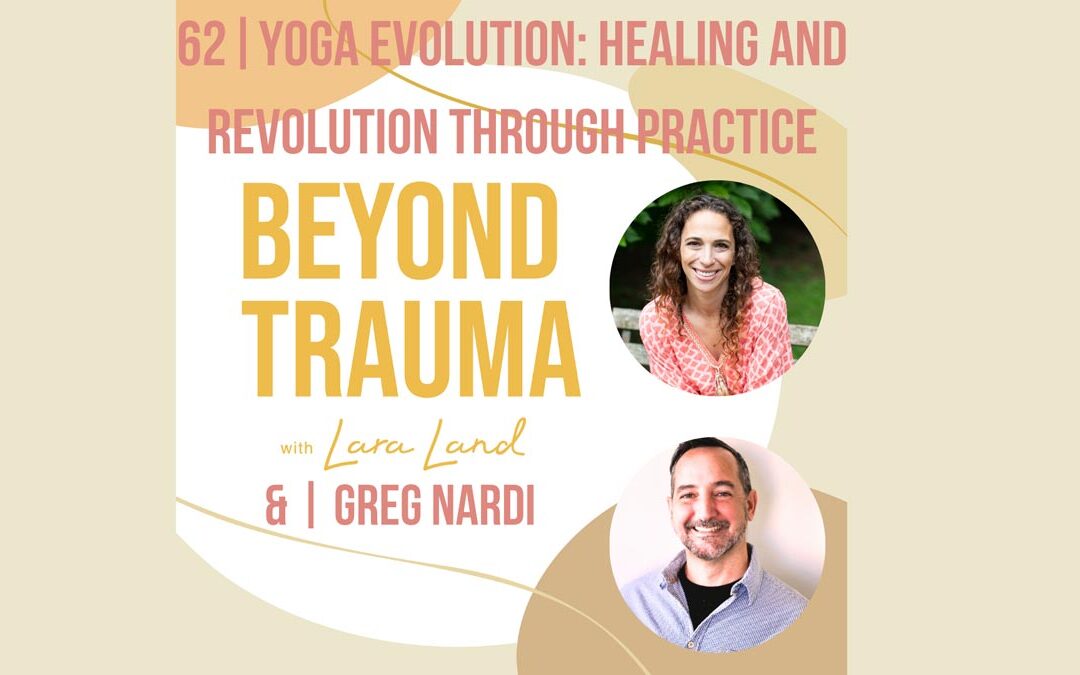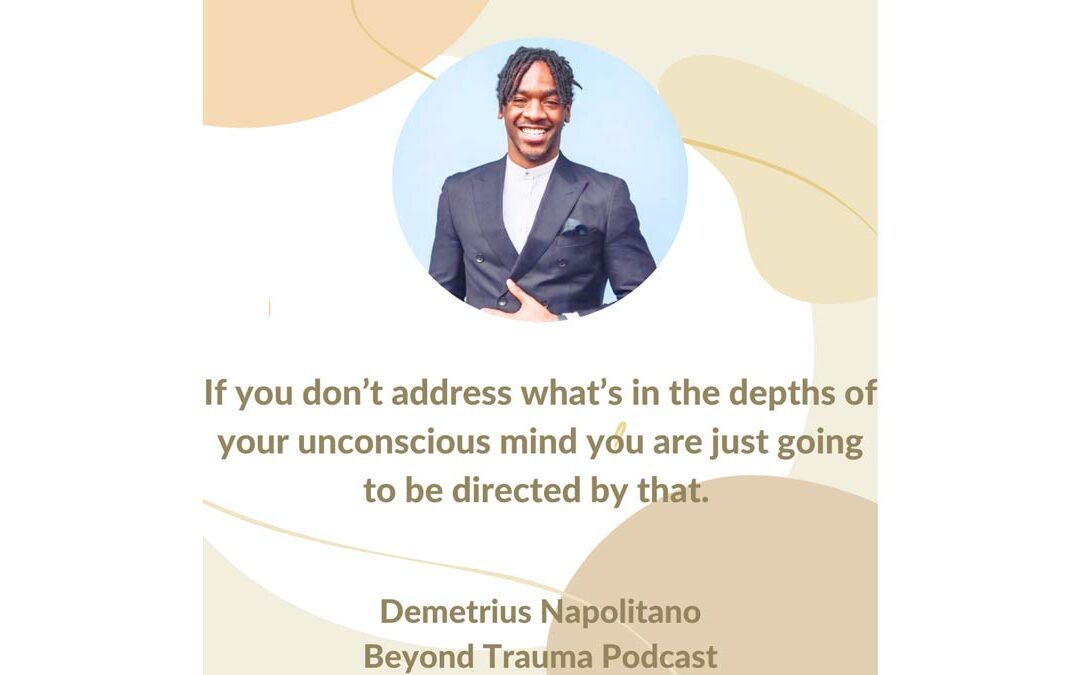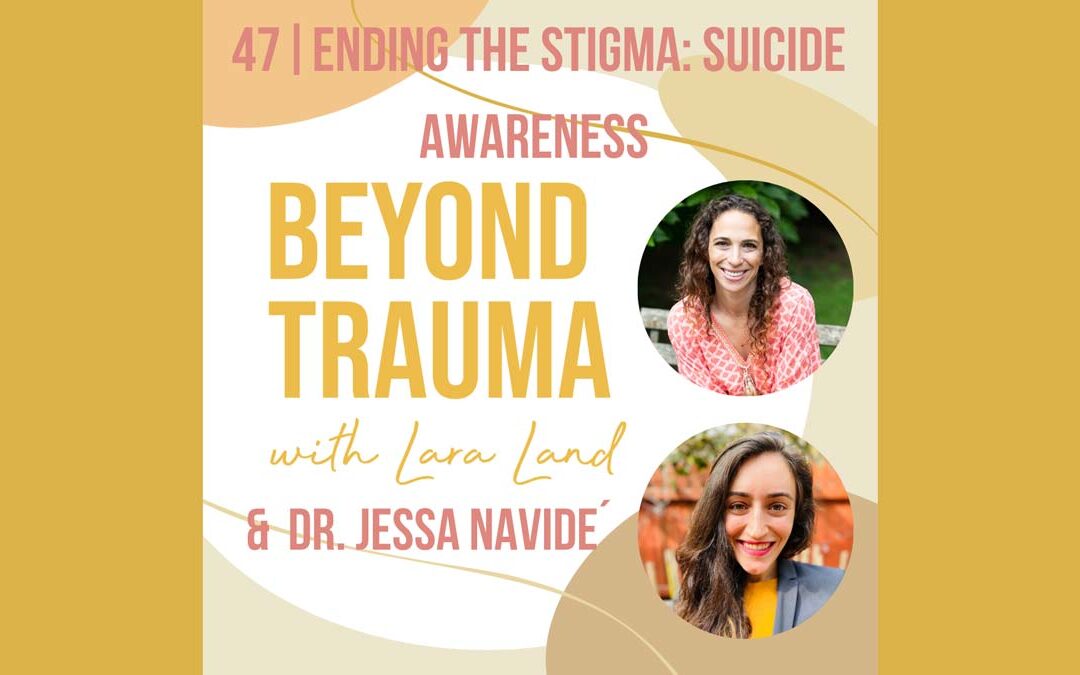
The Impact of Sharon Salzberg on Loving-Kindness Meditation
Sharon Salzberg is a pioneering figure in the field of mindfulness and meditation, renowned for her deep commitment to spreading the practice of loving-kindness..
As one of the first teachers to introduce Buddhist meditation to the West, her work has transformed countless lives and made profound teachings accessible to a broader audience.
Early Life and Background
Born in New York City in 1951, Salzberg’s journey into meditation began during her college years. After studying Buddhism in India, she returned to the U.S. and co-founded the Insight Meditation Society in 1975, alongside fellow meditation teachers Joseph Goldstein and Jack Kornfield. This center became a cornerstone for those seeking a deeper understanding of mindfulness and compassion.
The Essence of Loving-Kindness
Loving-kindness meditation, or metta, is a practice that fosters an attitude of love and goodwill towards oneself and others. Through repetition of specific phrases, practitioners cultivate feelings of compassion, acceptance, and connection. Salzberg emphasizes that loving-kindness is not merely an abstract ideal but a practical tool that can enhance emotional resilience and interpersonal relationships.
In her influential book, “Lovingkindness: The Revolutionary Art of Happiness,” Salzberg articulates the transformative power of this practice. She provides a clear framework for integrating loving-kindness into daily life, helping readers understand that cultivating compassion is both a personal and collective endeavor.
Contributions to Mindfulness and Meditation
Sharon Salzberg’s contributions extend beyond her teachings on loving-kindness. She has authored several bestsellers, including “Real Happiness” and “Real Love,” which explore mindfulness and self-compassion in depth. Her engaging writing style and relatable anecdotes make complex concepts accessible, encouraging readers to embark on their own mindfulness journeys.
Salzberg’s workshops and retreats draw participants from all walks of life, demonstrating the universal relevance of her teachings. By incorporating elements of psychology and modern science, she bridges the gap between ancient wisdom and contemporary issues, making her insights particularly resonant in today’s fast-paced world.
Creating Community and Accessibility
One of Salzberg’s significant contributions has been her ability to foster a sense of community among practitioners. Through her public talks, online courses, and podcast, “The Meta Hour,” she invites individuals to share their experiences and challenges in meditation, emphasizing that the journey toward loving-kindness is a shared one.
Her commitment to accessibility is evident in her efforts to reach diverse audiences. She advocates for the integration of mindfulness in various contexts, including schools, prisons, and mental health settings, making loving-kindness meditation a vital resource for healing and growth.
The Legacy of Loving-Kindness
Sharon Salzberg’s influence on the meditation community is profound. By popularizing loving-kindness meditation, she has encouraged a generation to explore the depths of compassion within themselves and towards others. Her teachings inspire practitioners to see loving-kindness as an antidote to the divisiveness and stress of modern life.
As we navigate a world that often feels disconnected, Salzberg’s work reminds us of the power of love and compassion. Her teachings encourage us to cultivate a mindset of kindness, fostering connections that transcend barriers and promote healing.
In our conversation on the Beyond Trauma Podcast we piece apart the most important aspects of a loving-kindness practice, the elements to switch up for trauma-sensitivity, and the difference between assessing





Recent Comments